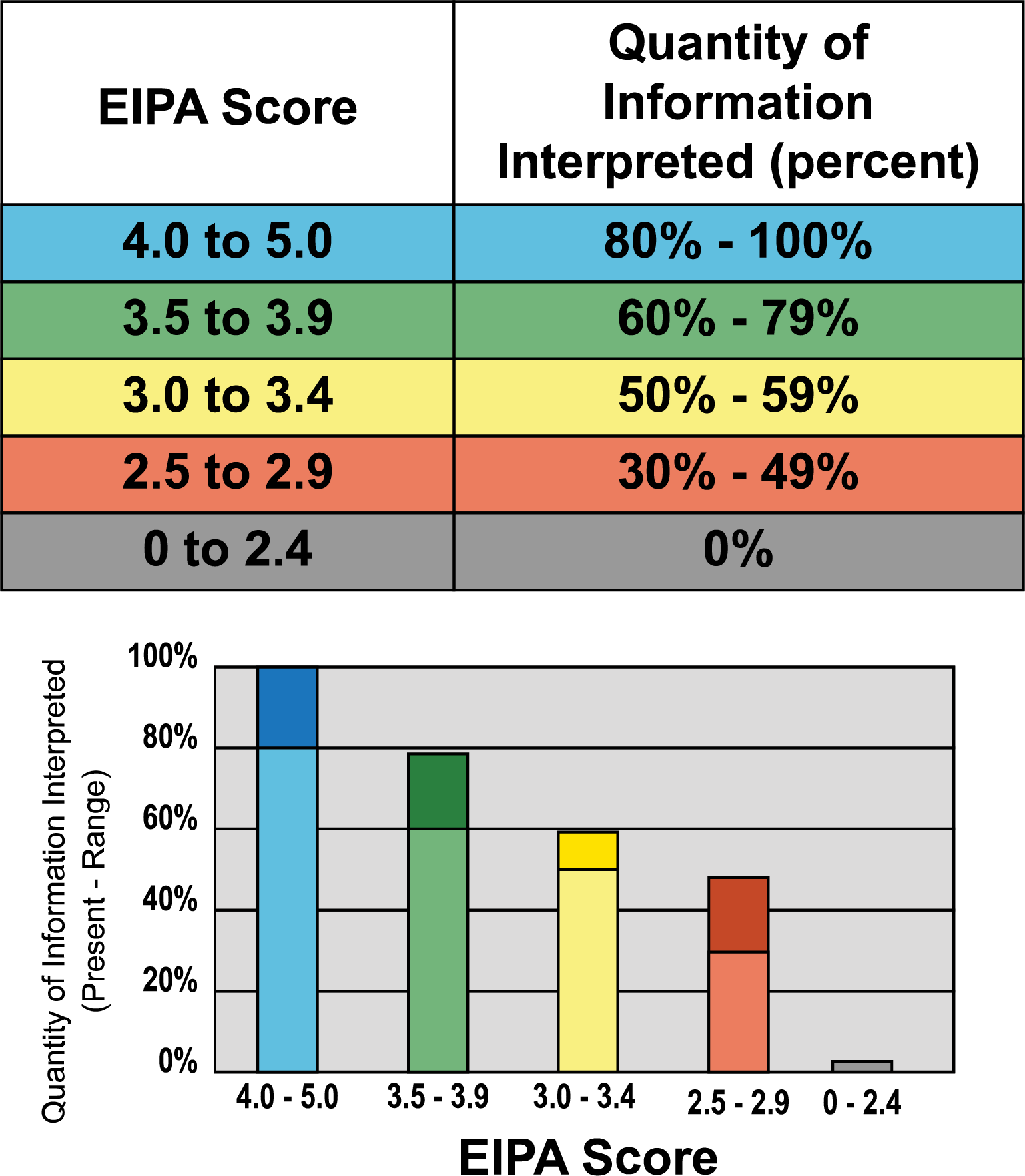

Chart and table presenting the quanlity of information interpreted given an individual’s EIPA score (Schick 2005)

Mythbusters
The purpose of the Mythbusters is to address misinformation about the LEAD-K bill. The goal of LEAD-K is to ensure a foundation for English literacy among deaf and hard of hearing children whether they use one or both languages, American Sign Language and English for K-readiness.


NC State Board of Education requires school interpreters to receive a minimum passing EIPA score of 3.0
December 3, 2025
The Honorable Bill Rabon
Senator, District 8
16 West Jones Street, Rm. 2010
Raleigh, NC 27601
Subject: Support for HB854 - Licensure Requirement for K-12 Sign Language Interpreters
As President of the North Carolina Association for the Deaf (NCAD), I am writing to request your support for HB854, which would require educational sign language interpreters in the North Carolina public schools to be licensed. Currently, only community interpreters (medical, legal, employment, etc.) are subject to licensure, leaving our K-12 educational interpreters unregulated.
This bill is essential to ensure that deaf and hard-of-hearing students receive qualified interpretation and equitable access to academic instruction. Presently, many educational interpreters lack sufficient skills, resulting in limited access to classroom content and hindering students' academic and social development. Because our state does not yet require licensure for our K-12 sign language interpreters, this has had a detrimental impact on our deaf and hard-of-hearing students' education.
HB854 aims to raise the standards for educational interpreter qualifications and require licensure, thereby improving educational outcomes for these students.
I appreciate your consideration of this important issue and welcome any questions you may have. I am hoping that we can meet to discuss it further as I am located close to Southport. I am also available to meet you at your office in Raleigh at your convenience.
Sincerely,
Mike Lupo, President
North Carolina Association of the Deaf OurNCAD.org
https://www.ncleg.gov/BillLookup/2025/H854